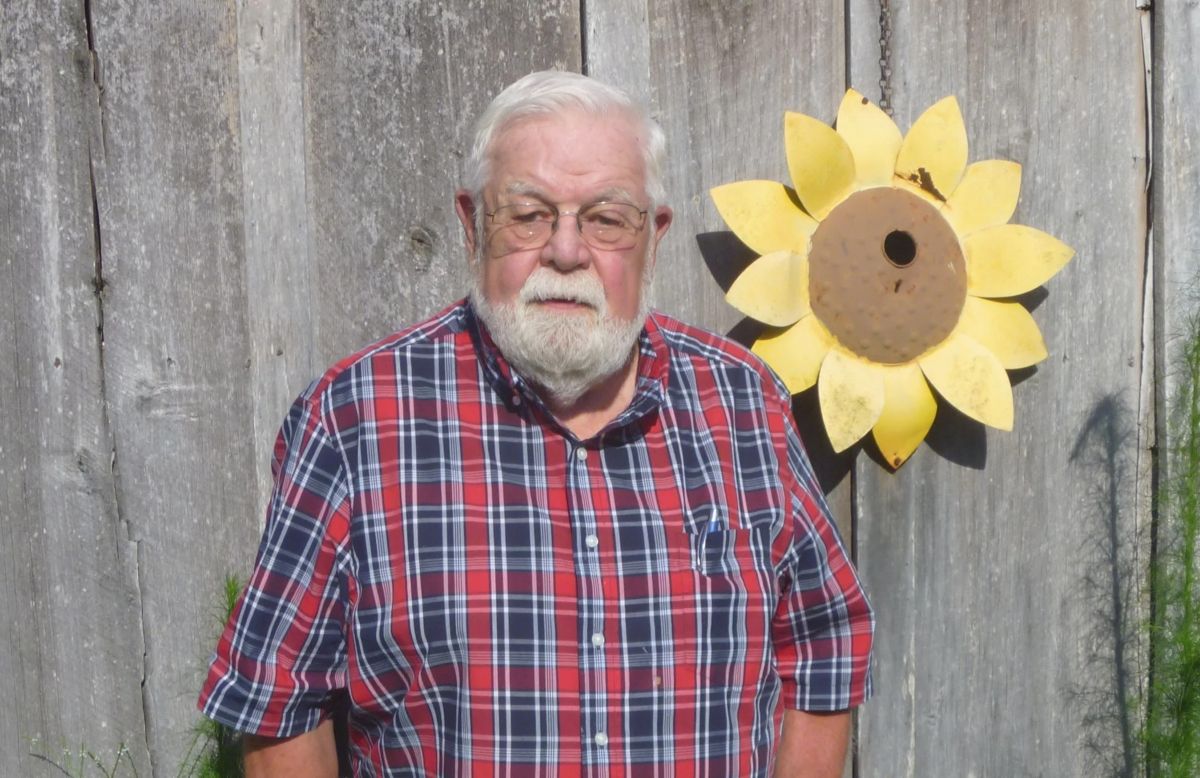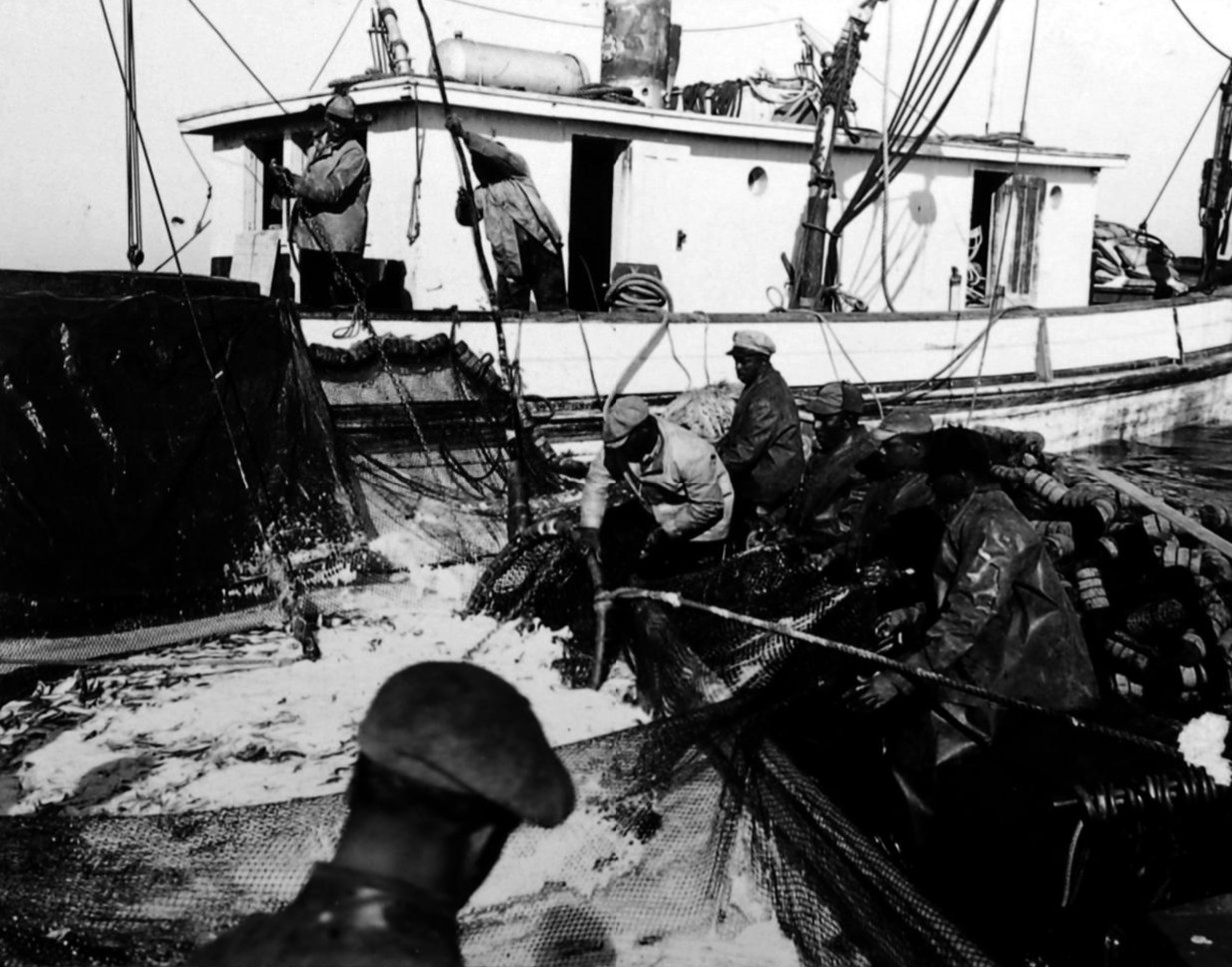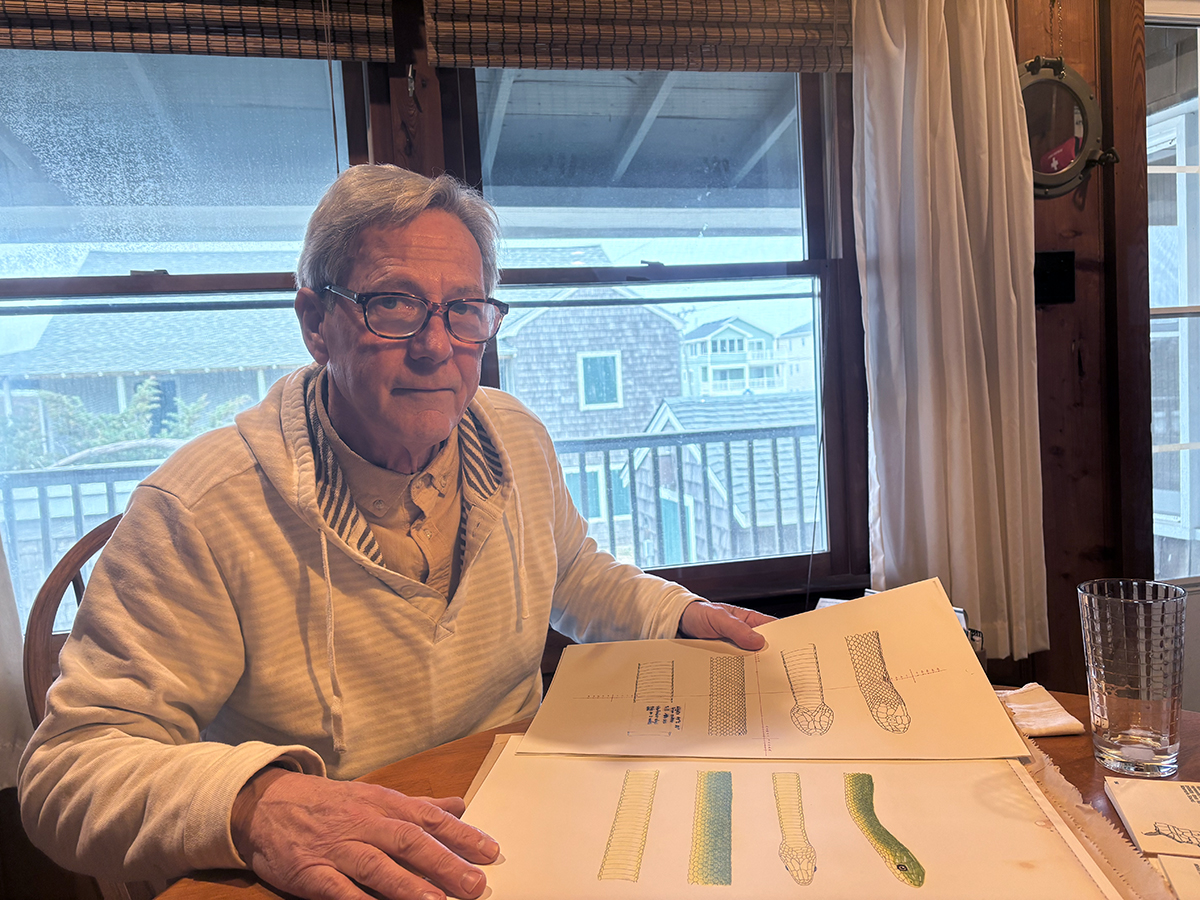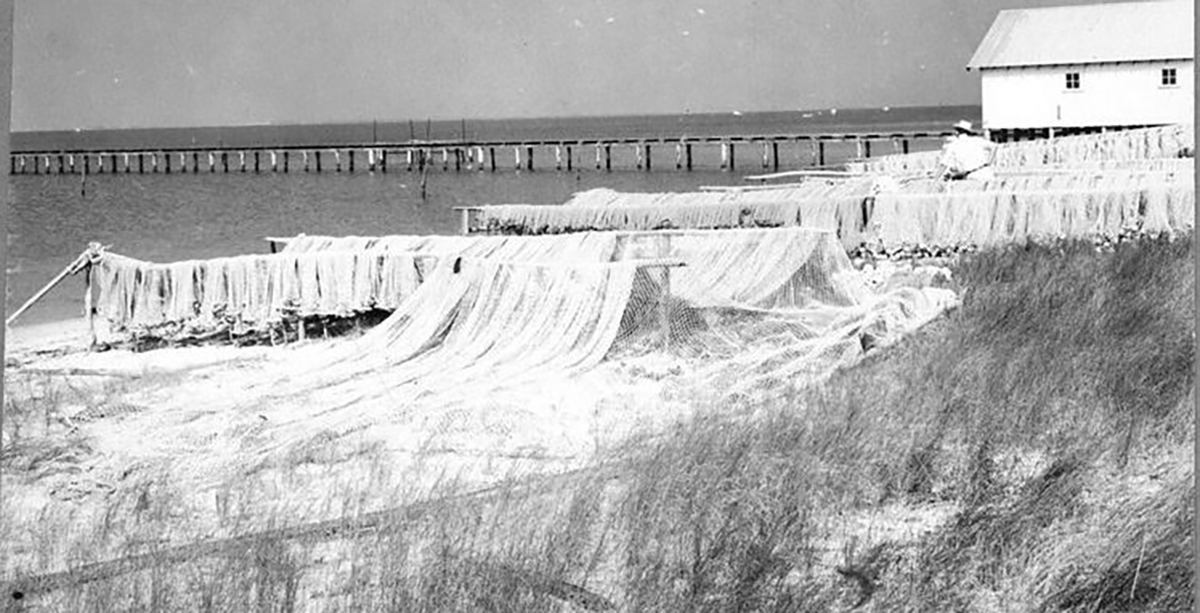Randy Sturgill can pinpoint the day when opposition in North Carolina to offshore drilling became more than minor uprising: Jan. 27, 2014.
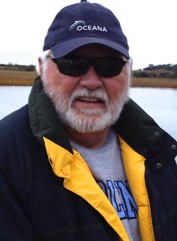
“I had been hired for this job and started work in March 2013,” said Sturgill, a Dunn native who is the southeast campaign coordinator for Oceana, a national conservation group that has been among the leaders in the fight against offshore drilling in North Carolina, South Carolina and Georgia, “and it didn’t seem like we were making much progress. It was like we couldn’t find anything to get hold of, couldn’t get any real traction. Then, Kure Beach.”
Supporter Spotlight
Kure Beach Mayor Dean Lambeth in December 2013 had signed a letter in support of offshore seismic testing – the controversial process that uses high-decibel sound waves to map oil and natural gas reserves. It wasn’t an official town position – the council in the tiny town in New Hanover County hadn’t endorsed it, and it wasn’t under a town letterhead – but when word got around that about the letter, and the fact that it had been penned by America’s Energy Forum, a lobbying group backed by the American Petroleum Institute, all heck broke loose.
In the end, on Jan. 27, more than 300 people, many angry and most motivated in opposition, turned out a special meeting in the dead of winter in a town of fewer than 2,000 people.
“That was ground zero,” said Sturgill. “Since then, we’ve been making steady progress at times, and at times in some areas it’s really been explosive. And it was all because of those people in Kure Beach. They took it upon themselves to get educated, and to take their time to go to the meeting and make their feelings known. They and others who have done that since then deserve all the credit.”
If it found its legs at Kure Beach, the anti-drilling movement sprouted wings at the Wilmington Council meeting in July when the board debated a resolution against drilling and seismic testing.

“It was a hell of a battle,” Sturgill said. “My head count was about 225 people inside the meeting and another 150 outside wanting to get in. There were two lines; you had to go through a metal detector. They cut it off at one point, and there was this lady who would have been the next one in, and seemed to want in so bad, to be there, that I just gave her my spot and went outside. The whole thing gave me chill bumps.”
Supporter Spotlight
But just a few years ago, chill bumps from a conservation fight would have been a foreign notion to Sturgill, who lives in Southport after previous stints in Topsail Beach and on Oak Island. In fact, Oceana wasn’t on his mental map.
He had worked in Brunswick County for President Obama re-election campaign in 2012. He was out work after the election and saw an opening with Oceana for its anti-drilling campaign coordinator. “I love the coast, so why not,” Sturgill remembered. “But I was in my late 50s, kind of old for the job, I thought, and I really didn’t have any idea I’d be seriously considered. But they called me in for one interview and then another, and bam, I was hired. I was surprised.”
Sturgill, who’s now 62 and insists he’s the second-oldest Oceana employee worldwide, started going to the North Carolina coast with his parents at age 4, riding in the backseat of the car rolling down the road from Lillington to Holden Beach.
“Eventually, my parents put together enough money to buy a couple of lots – it really didn’t cost that much then, compared to now – and put a mobile home on it about a mile from the beach,” he remembered. “That was our beach house for years and I loved it. So for many years, I guess I was a ‘weekend warrior’ at the coast. I loved the ocean but I would never have really considered myself a conservationist, or at least not what you might consider one.”
Sturgill did know how to work with people and liked the nitty-gritty end of politics. One of his earliest memories is hanging out with his father, who was a volunteer in the Kennedy-Johnson presidential campaign in 1960. That got in his blood. Sturgill was involved in all of Jim Hunt’s successful gubernatorial campaigns, worked in the Kerry-Edwards presidential campaign and in both Obama campaigns.
He was in law enforcement for years, mostly as an investigator for the state Division of Motor Vehicles, specializing in auto theft.

It was a circuitous path then to get here from there. He was working in Fayetteville when he went to Sears and ran into the mother of a high school sweetheart he hadn’t seen in 25 years. The mother asked a few questions, and so did Sturgill. Turned out he and the old flame, Vicki, were both divorced. They got married in 1998.
Being a campaign coordinator for Oceana hasn’t been that much different than working on a political campaign, Sturgill said It’s all about talking to people, he said, “empowering them,” in part by providing them information.
“I can reach out to our policy analysts and our scientists, who can provide that information,” Sturgill said. “When people realize something is important to their way of life, they are eager for information. So you give them what they need to find their voice.”
And they have.
“The progress we have made together has been amazing,” he said.
One of the biggest successes was when Mark Sanford, a conservative U.S. congressman from South Carolina whose district includes Charleston and its port, and a former governor of the state, came out against testing and drilling.
“That was a turning point of sorts, and what we have seen in recent months is momentum growing. Now, we’ve got Tea Party Republicans standing beside staunch Democrats wearing our blue shirts and holding up signs, singing from the same sheet of music,” Sturgill said.
There has been help from major groups, such as the Sierra Club, the SurfRider Foundation and the N.C. Coastal Federation, but there also has been plenty of support from people who come together for the first time. North Carolina’s opposition has been unevenly timed, Sturgill said, in part because of the Kure Beach explosion, which triggered events to the south, and the past experience along the Outer Banks, where there was strong and successful organized opposition to Mobil’s oil plans back in the 1980s.
That leaves the center of the state’s coast. There have been resolutions of opposition in Morehead City, Emerald Isle and Beaufort, but not the groundswells seen in Dare County or in New Hanover County, which was spearheaded by Wrightsville Beach, Carolina Beach and Kure Beach.
The ultimate goal, Sturgill said, is get the south Atlantic coast as solidly as possible against offshore drilling, and to convince the president to pull the plug on the plan.
“We’d love to convince our state’s governor (Pat McCrory) that he’s not speaking for the people of the coast when he supports offshore drilling,” Sturgill said, adding the president can be convinced to change his mind without the backing of all of the politicians along the coast. “He (Obama) has evolved on marriage equality and on some other issues. We believe he can evolve on offshore drilling in the Atlantic, too.”
In the meantime, Sturgill said, he and others will keep on doing what they’re doing, traveling to big cities and small towns along the south Atlantic coast, trying to help people get educated and find their voices.
“It’s been two to two-and-a-half years and it certainly hasn’t been smooth all the time,” he said. “But I have to tell you, it’s been a great thing to watch. It’s been great to see people come together.”



